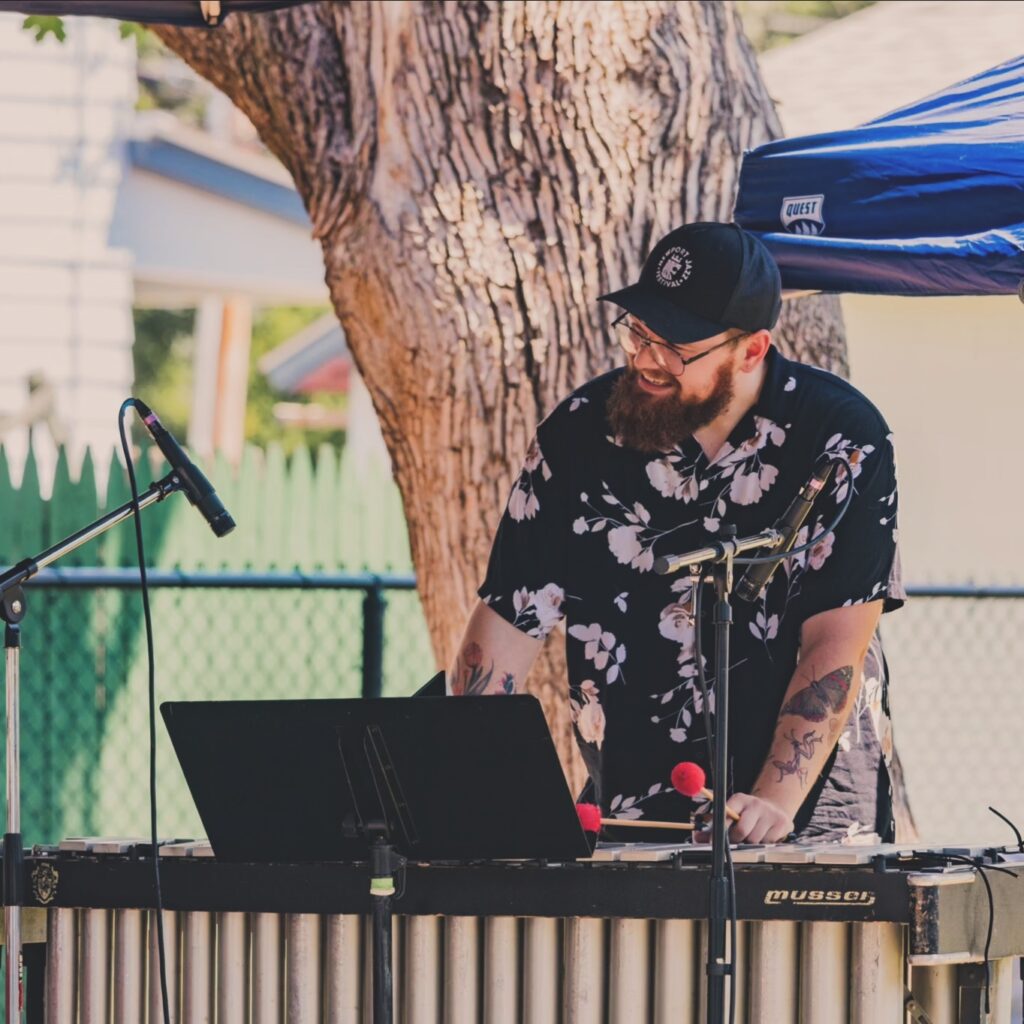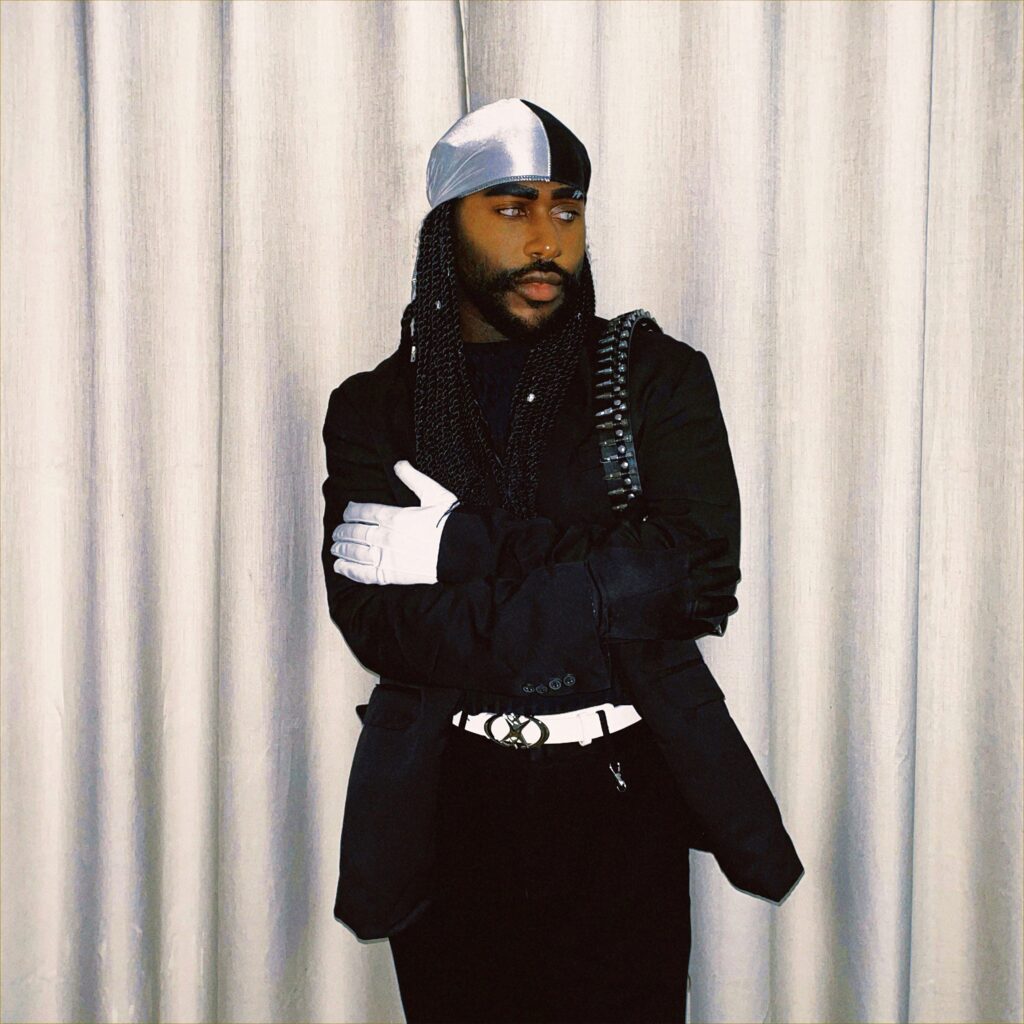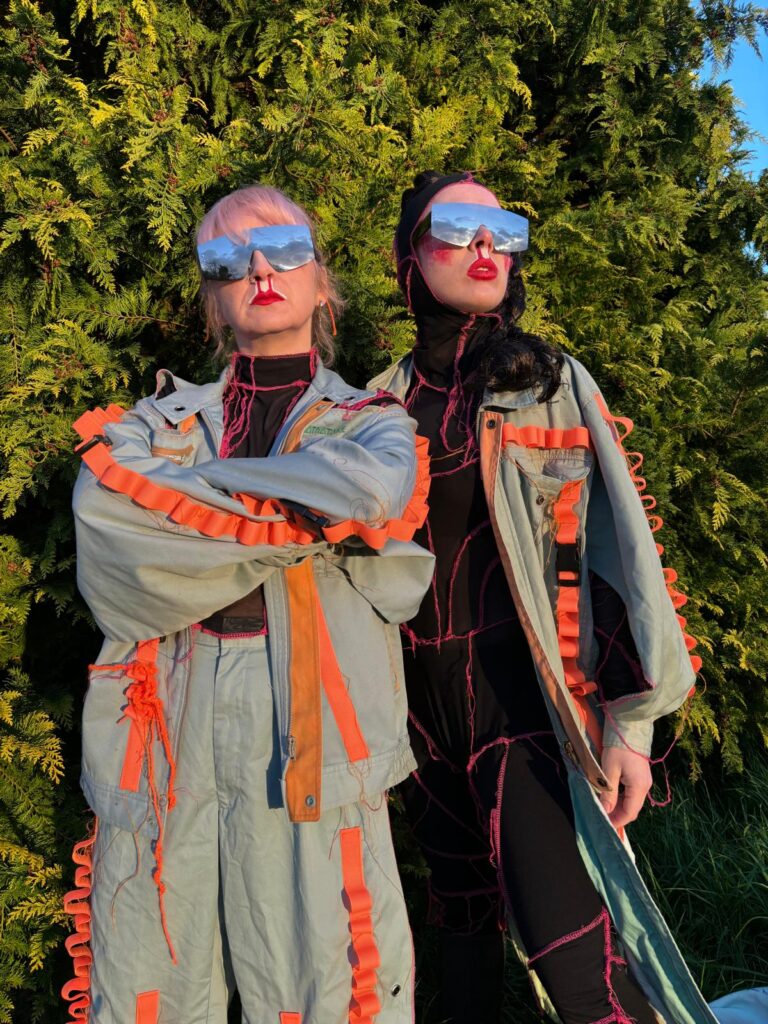A Quick Chat With Georgia Weber and the Sleeved Hearts About “Big in Japan”

Q: Hi! Big in Japan draws on Japanese traditions and folk tales. What was it about those stories that connected with you and inspired this collection?
A: I think there is a lot of beauty in Japanese culture. But this record took off inspired by hearing a documentary about the Telephone of the Wind in Otsuchi, Japan. The telephone is a disconnected phone booth, on the property of Itaru Sasaki, a Japanese garden designer. Following the earthquake in 2011, Itaru opened the booth to people who wanted to connect with lost loved ones by talking to them through the phone. I was inspired by the compassion and shared human experience in this story.
Our guitarist, Kenji Herbert, is half Japanese and was raised in Japan, so he also provided inspiration from his memories as a child, and the stories that influenced him.
Q: Your last release was the 2022 covers record No Standards. How does this new EP show where you’ve grown musically since then?
A: Live, and on our first record, we perform a mixture of arranged covers and original music. I think I was ready to focus on original music again after leaning into the covers so heavily.
Q: The songs touch on grief, love, memory, and healing. Was there a moment in your own life that pushed you to explore those themes?
A: I don’t think there was one moment. But these are things I see around me every day, in my own experience and in those around me. There are so many inspiring stories, and in that, no shortage of things to write about.
Q: Listeners often describe your music as both bold and tender. Do you think this record leans more in one direction than the other?
A: I think this record leads to the tender. Really, it’s all about love. Grief and loss are so often just proof of the love we’ve been privileged to have. “Kingtsugi,” in the most traditional sense, is intended as a simple love song.
Q: Improvisation has always been central to your band. How much of that spirit made it into the studio for Big in Japan?
A: “Jo,” the introduction to “Urashimo Taro” and “Koinobori” are all free improvisations recorded in one take. The more traditional song form pieces feature less improvisation, except that the band records live and each take is different.
Q: Kenji Herbert and Nathan Ellman-Bell have been your longtime collaborators. How did their playing shape the sound of this record?
A: Kenji and Nathan are such spectacular musicians with incredibly distinctive sounds. I think we are equal parts in making the sound of our band and this record. It’s a different band without them.
Q: You’ve said before you wanted to write music that wasn’t just “in the style of Ella Fitzgerald,” but that reflected the world around you. How does this EP capture where you are now?
A: I’m still always wanting to create a musical platform for people to use their own voices and to allow for improvisation. But the songs on this record are really influenced by music I’m listening to now. Frank Turner and Billie Eilish have both been big influences on my writing in these songs.
Q: It’s your first original release in three years. How does it feel to finally share these songs after living with them for so long?
A: It’s actually a huge relief! Whenever I’m working on a record, I find it hard to think about writing new music. So I’m really looking forward to getting back into the studio and putting some new ideas down.
Q: What’s on the horizon for you and the Sleeved Hearts — touring, collaborations, or something new?
A: Definitely a new record is brewing! We’ve just come back from playing in Europe with Big In Japan and hope to travel more while we are working on the new record.
Q: You’ve said you always want people to feel something when they hear your music. What do you hope audiences carry with them after hearing Big in Japan?
A: Hopefully, love and compassion for each other. We all feel love, grief, and loss. These are beautiful and shared experiences. It’s okay to be a little raw sometimes.







